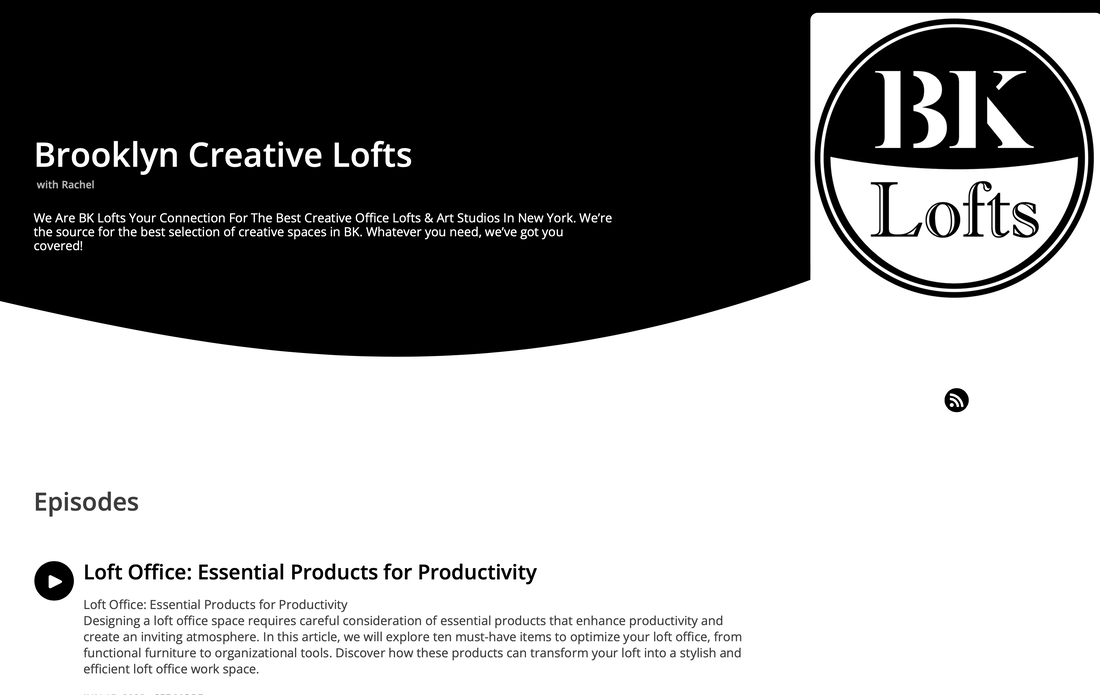- Home
- ABOUT
- IN THE NEWS
- PODCAST
- CELEBRITIES
- REVIEWS
-
PREFERRED VENDORS
- APPRAISERS & INSPECTORS
- ARCHITECTS
- ARTIST & ARTISANS
- ATTORNEYS
- 1031 QUALIFIED INTERMEDIARY
- BANKERS
- CABINETS
- CARPENTERS
- CHIMNEY & FIREPLACE SPECIALISTS
- CLEANERS
- CLOSETS DESIGNERS
- CO EXPERTS
- DECKS & PATIOS PRO'S
- DEMOLITION EXPERTS
- DOORS EXPERTS
- ELECTRITIANS
- ESTATE PLANING
- EXPEDITERS
- EXTERMINATORS
- FENCES & GATES
- FIREPLACES
- FLOORING & CARPET
- FURNITURE
- GARAGE & DRIVEWAY
- GENERAL CONTRACTORS
- GLASS & SHOWER DOORS
- HANDYMAN
- HOME AUTOMATION
- HOME SECURITY
- HOME STAGERS
- HVAC EXPERTS
- INSURANCE BROKERS
- INTERIOR DESIGERS
- IRON EXPERTS
- KITCHEN & BATHROOM
- LANDSCAPE DESIGNERS
- LANDSCAPERS & GARDENERS
- LAWN & SPRINKLERS
- LIGHTING EXPERTS
- LOCKSMITH
- MORTGAGE PRO'S
- MOVING & STORAGE
- PAINTERS & PLASTERS
- PLUMBING CONTRACTORS
- PROPERTY COMPLIANCE
- PROPERTY MANAGERS
- RENOVATIONS
- RENEWABLE ENERGY
- RESTORATION EXPERTS
- ROOFERS
- RUBISH REMOVAL
- SCHOOL CONSULTANTS
- SPIRITUAL EXPERTS
- STAIRCASES & RAILINGS
- STONES & TILES
- STRUCTURAL ENGINEERS
- SURVEYORS
- TITLE COMPANIES
- WEALTH MANAGERS
- WINDOW PROFESSIONALS
- WINE CELLARS
- ZONING & LAND USE EXPERTS
- CONTACT
Location |
|
© Proudly Created by USBN Media



